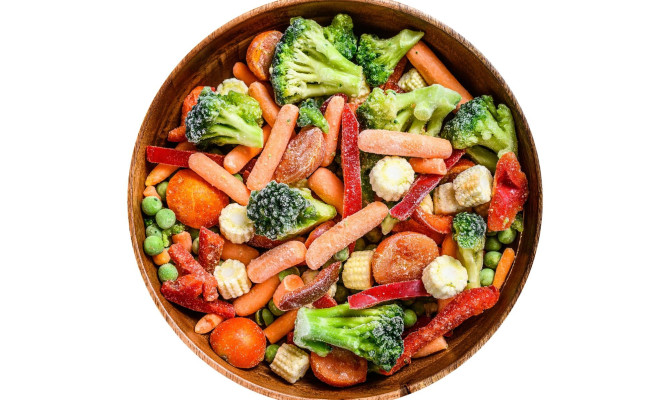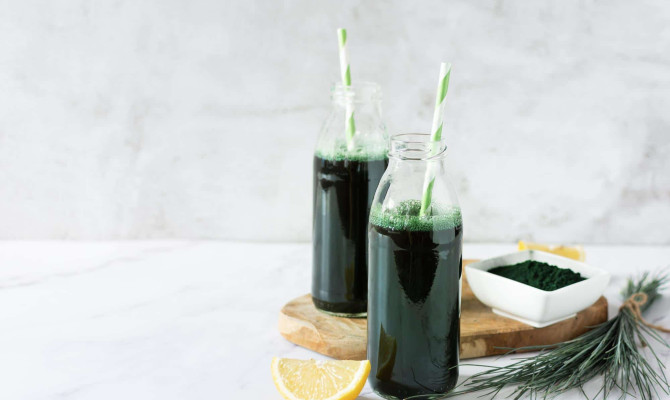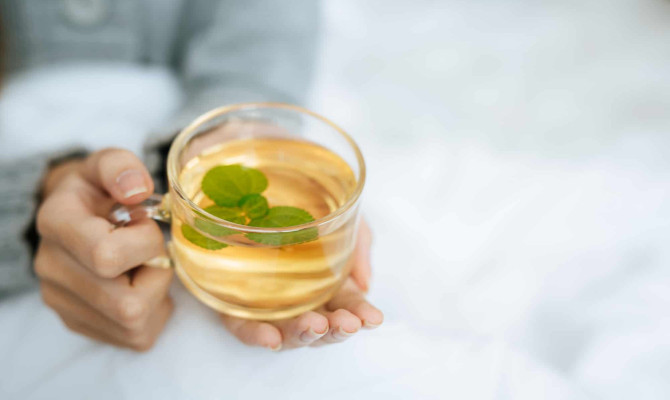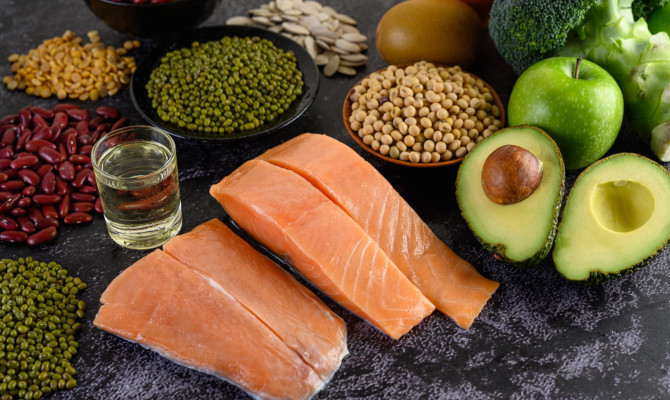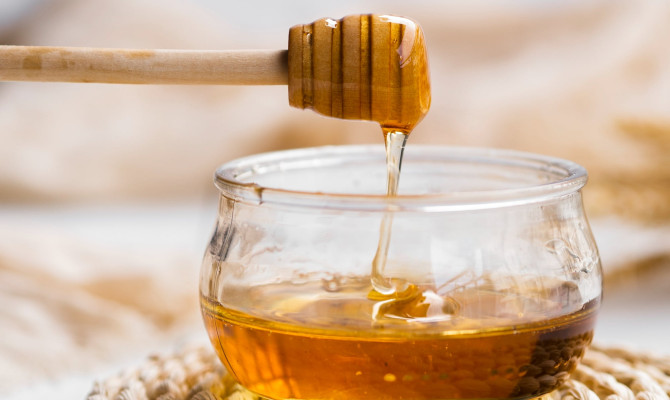Turmeric: Knowing About Amazing Gift of Nature

- Turmeric
- 22 Aug 2023
Overview
What is Turmeric?
People all over the world have associated turmeric to have aesthetic and medicinal benefits for the past hundreds years. Turmeric is a spice and is used in dietary supplements, cosmetic and dermatological products. Turmeric originates from Southeast Asia. The turmeric belongs to the ginger family. Its rhizome, that is the underground stem, is used as a spice in food and consumed in traditional medicine.
In Eastern Asian medicinal systems turmeric has been used for many years. It has also been used in Ayurveda, traditional Chinese medicine, also in other traditional Indian medical systems. From the ancient years turmeric has been used in India to treat several medical conditions that are related to the upper respiratory tract, skin, joints, and digestive system. Today, turmeric is considered as a nutritional supplement for liver diseases, depression, allergies, arthritis, respiratory disorders, digestive issues, and many more1Overview| Researched based study from Nccih.nih.gov

Fast facts on Turmeric
- For ages, people have used curcumin, which is a yellow polyphenolic pigment derived from the rhizome of the turmeric plant, for food color, culinary, and cosmetic purposes.
- Turmeric is rich in curcumin, and curcuminoids. Curcuminoids and curcumin are responsible for turmeric’s effects. Turmeric’s yellow color is because of curcumin.
- Dietary supplements prepared from dried turmeric rhizome include a blend of curcuminoids. Additionally, turmeric masks are prepared and are used for skin issues.
- Curry powder contains a lot of turmeric2Overview| Researched based study from Frontiersin.org
Health Benefits

Health Benefits of Turmeric
There are various health benefits of turmeric that have been scientifically proved including the ability to protect against cancer disorders and Alzheimer’s disease. Curcumin is the most active ingredient that has the potential to boost heart health. It works as an antioxidant and is anti-inflammatory. Here are some health benefits of turmeric:
- Good for Skin
- Eases the symptoms of Ulcerative colitis
- For Dyspepsia or Indigestion
- Reduces discomfort of Osteoarthritis
- Prevents cancer
- Good for Heart
- Treats Uveitis
- Prevents Chronic Neurodegenerative Diseases
Good For Skin
- Turmeric helps to treat and prevent skin conditions such scleroderma, psoriasis, and skin cancer.
- By accelerating wound healing, promoting collagen synthesis, and raising fibroblast and vascular density, curcumin usage enhances wound healing.
- It has characteristics that help the skin glow naturally.
- Scars from acne might benefit from turmeric.
- It has a connection to the treatment of scabies.
- Also numerous additional dermatological disorders may benefit from turmeric5Health benefits| Researched based study from Nlm.nih.gov
Eases the symptoms of Ulcerative Colitis
- People with ulcerative colitis may benefit from turmeric to maintain remission. It is a persistent digestive tract disease with recurrent symptoms.
- In one double-blind, placebo-controlled study, patients with ulcerative colitis who were in remission received standard medical care combined with either curcumin or a placebo for six months. Those who took curcumin saw significantly fewer relapses4Health Benefits| Researched based study from Mountsinai.org
For Dyspepsia or Indigestion
- Some believe that the stimulation of bile production by curcumin may aid in better digestion.
- Turmeric has been certified for use in treating digestive issues4Health Benefits| Researched based study from Mountsinai.org
- Additionally, a double-blind, placebo-controlled trial indicated that turmeric helps people with indigestion to feel less bloated and gassy4Health Benefits| Researched based study from Mountsinai.org
For Osteoarthritis
- According to one study, those who used an Ayurvedic combination of turmeric, winter cherry, boswellia, and zinc experienced decreased discomfort and impairment4Health Benefits| Researched based study from Mountsinai.org
Prevents Cancer
- Curcumin may help prevent or treat a number of malignancies, including colon, prostate, breast, skin cancer, according to data from test tube and animal studies.
- Turmeric’s ability to prevent harm to cells may be related to its antioxidant qualities. 4Health Benefits| Researched based study from Mountsinai.org
Treats Uveitis
- Curcumin may be useful in treating uveitis, an iris-related inflammation of the eye.
- Curcumin may be as beneficial as corticosteroids, which is the type of drug that is typically used.
Improves Heart Conditions
- Turmeric may be useful in the prevention of atherosclerosis. Atherosclerosis is the formation of plaque which can obstruct arteries and result in some heart conditions like heart attack or stroke.
- Turmeric’s extract can reduce the cholesterol levels and prevent LDL (bad) cholesterol from amassing in blood arteries.
- Turmeric’s ability to block platelets from adhering to one another may also help to prevent blood clots from forming on artery walls.
- However a placebo-controlled trial discovered that consuming up to 4 grams of curcumin, the active component of turmeric, daily did not lower cholesterol levels4Health Benefits| Researched based study from Mountsinai.org
Prevents Chronic Neurodegenerative Diseases
- Strong anti-inflammatory, circulatory, and antioxidant properties of turmeric may aid in preventing and treating neurological ailments like Alzheimer’s disease, multiple sclerosis, Parkinson’s disease, and other illnesses.
Forms
What Forms of Turmeric Are Available?
Turmeric is available as:
- Tincture
- Fluid extract
- Capsule containing powder 4Forms| Researched based study from Mountsinai.org
Interactions
Drug Interactions of Turmeric
Supplements containing concentrated turmeric include high quantities of curcumin, which can interact with several drugs.
With Pain killers
- Indomethacin, Ibuprofen, Acetaminophen, and Aspirin side effects may be decreased by taking supplements of turmeric.3Interactions| Researched based study from Hopkinsmedicine.org
With Chemotherapy
- Avoid taking turmeric supplements particularly if one is taking chemotherapy medications like Camptothecin, Mechlorethamine, Doxorubicin, Cyclophosphamide.3Interactions| Researched based study from Hopkinsmedicine.org
Anti-Coagulants
- In Warfarin users risk of bleeding increases while taking supplements containing turmeric or curcumin.3Interactions| Researched based study from Hopkinsmedicine.org
With immunosuppressants
- High doses of curcumin consumption may cause negative effects in people on Tacrolimus to become more severe.3Interactions| Researched based study from Hopkinsmedicine.org
It is important Consult the doctor before taking turmeric supplements to avoid any severe interactions
Precautions
Precautions
Precautions While Taking Turmeric:
- Short-term usage of turmeric is probably safe. At heavy doses, the adverse effects can be more frequent.
- Intake of turmeric or its supplements that contain up to 8 grams of curcumin per day for up to two months. One can also consume turmeric up to 3 grams per day for up to three months both are safe.
- In major cases the turmeric exhibits mild negative effects. Some people may experience a few side effects like nausea, upset stomach, dizziness, and diarrhea.
- Turmeric may inhibit blood coagulation. More bleeding could occur both during and following surgery as a result. At least two weeks before the scheduled surgery, stop using turmeric.
- The use of turmeric may reduce mobility of the sperm and decrease the testosterone levels.
- Turmeric could reduce fertility. People who are pregnant or planning to get pregnant should use turmeric with caution.
- Only take curcumin during chemotherapy under medical supervision because it can impede the anticancer activity of chemotherapy drugs.
- Similar care should be used with individuals who are allergic to turmeric or any of its components, as well as with those who are taking anticoagulants or have blood clotting issues.
- In these situations, dosage changes are required, whereas curcumin use needs to stop before scheduled surgeries.
- People with diabetes, hypoglycemia, or those using medications to reduce blood sugar should use turmeric with caution.
- Use of turmeric during pregnancy may be dangerous in doses greater than those typically found in food.
- Little is known about the use of turmeric while breastfeeding in doses higher than those typically found in food is safe1Precautions| Researched based study from Nccih.nih.gov
- Small amounts of turmeric are frequently used as a spice in meals. However, it is difficult to determine whether using turmeric in small doses for therapeutic purposes during breast-feeding is safe1Precautions| Researched based study from Nccih.nih.gov
Side effects
Side effects of Turmeric
Allergies and Dermatitis
- Few cases with curcumin exposure to the skin or scalp, allergic contact dermatitis, and urticaria were observed.
- With the presence of inflammatory mediators (prostaglandins, histamines, and leukotrienes), these instances were divided into nonimmunologic and immunologic (immunoglobulin E mediated) categories.
- The nonimmunologic forms are restricted to the area of touch and can develop into chronic dermatitis, whereas the immunological forms spread beyond the contact zone.
Carcinogenic Properties
- Higher curcumin doses raise the numbers of ROS cells, which is crucial for the development of cancer.
Intestinal Disorders
- High amounts of turmeric may result in GI issues like nausea, diarrhea, and stomach pain, which can be lessened by taking curcumin with meals.
- Patients receiving 0.45 to 3.6 g/day of curcumin for 1 to 4 months reported experiencing nausea, diarrhea, and a rise in blood alkaline phosphatase and lactate dehydrogenase levels. 2Side effects| Researched based study from Frontiersin.org
- Individuals with advanced pancreatic cancer who took 8 g of curcumin daily for two months experienced abdominal pain more often than other adverse effects2Side effects| Researched based study from Frontiersin.org
Reproduction
- Curcumin has the potential to be used as a new intravaginal contraception and may affect fertility by slowing down human sperm movement2Side effects| Researched based study from Frontiersin.org
Inhibitory Effects
- Curcumin has been found in numerous trials to increase the effectiveness of chemotherapeutic drugs.
- It has also been suggested that occasionally it may actually work against these drugs’ anticancer potency5Side effects| Researched based study from Nlm.nih.gov
Contraindications
Contraindications of Turmeric
- Turmeric and its supplements are not advised for people who are allergic to plants in the Zingiberaceae family.5Contraindications| Researched based study from Nlm.nih.gov
- When consumed as a spice, turmeric has traditionally been regarded as safe during pregnancy and breastfeeding. However, it has already been demonstrated to stimulate the uterus, which may accelerate the onset of menstruation.5Contraindications| Researched based study from Nlm.nih.gov
- Although consumption of curcumin has no impact on fetal development. But using turmeric during pregnancy or nursing is not advised, and caution should be taken.
- People who have GERD, gallbladder issues, iron insufficiency, blood disorders, infertility, diabetes, liver diseases, arrhythmia, and hormone-sensitive ailments should avoid taking turmeric or its supplements.
- Curcumin may promote gallbladder contractions and lead to the formation of gallstones. Curcumin usage is not advised in individuals with gallstones or biliary blockage5Contraindications| Researched based study from Nlm.nih.gov
Outlook
The Outlook
Curcumin has a long history of use in both Ayurveda and Chinese medicine, where it is used as a variety of medical treatments as well as a food coloring and spice. Science has advanced over time, with many positive benefits as well as some effects that curcumin has on human health. The golden spice turmeric continues to be used in cooking even today. Technology advancements have made it possible to use curcumin in the food and health industries for a range of purposes. The golden spice always helps people to cure digestion, provide pain relief, and help immune health, and other things. But, sometimes some people may experience side effects too.
Any feedback on this article?
 This Articles content was accurate
This Articles content was accurate Very Informative Article
Very Informative Article I have a question or a comment
I have a question or a comment
 This article contains inaccurate content
This article contains inaccurate content This article was not helpful
This article was not helpful I have a question or a comment
I have a question or a comment
We appreciate your helpful feedback!
Checkout our social pages
References
-
National Center for Complementary and Integrative Health
Turmeric | Overview | Precautions
-
Frontiers
Turmeric and Its Major Compound Curcumin on Health: Bioactive Effects and Safety Profiles for Food, Pharmaceutical, Biotechnological and Medicinal Applications | Health Benefits
-
John Hopkins Medicine
Turmeric Benefits | Interactions
-
Mount Sinai
Turmeric | Health Benefits
-
National Library of Medicine
Turmeric and Its Major Compound Curcumin on Health: Bioactive Effects and Safety Profiles for Food, Pharmaceutical, Biotechnological and Medicinal Applications | Uses | Side effects| Contraindications












